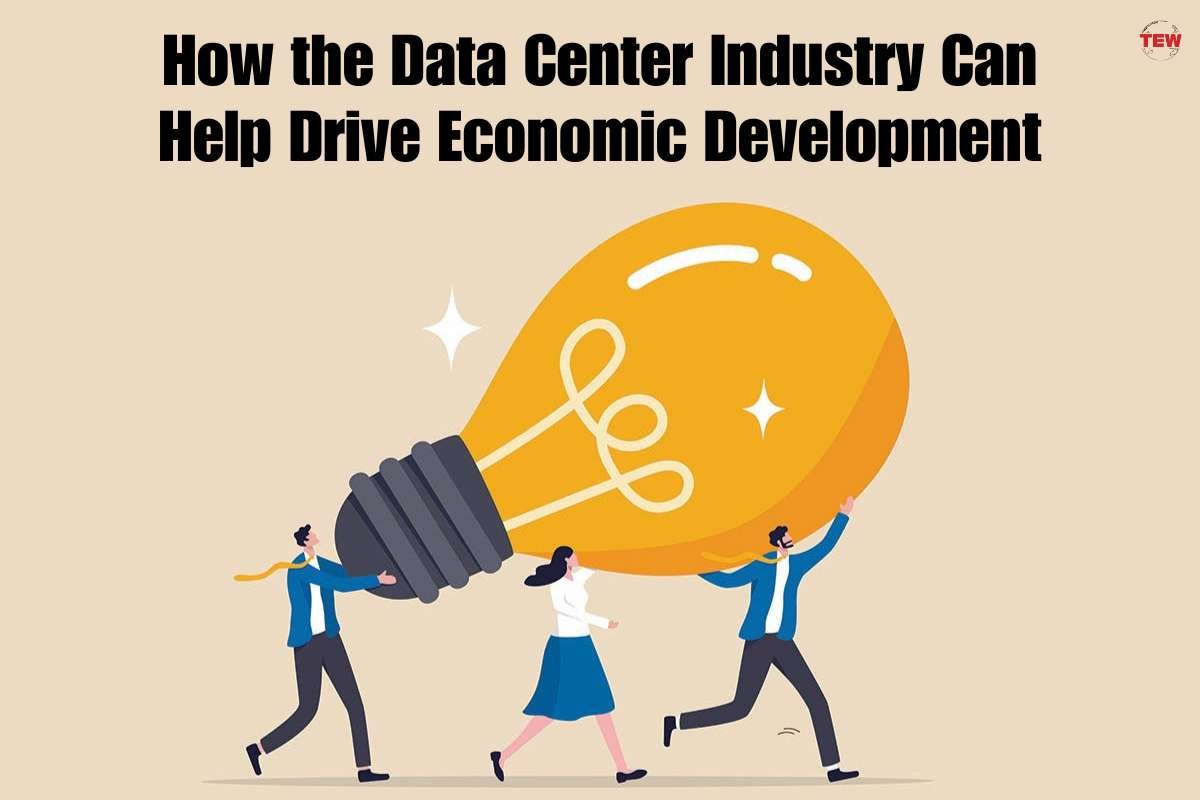Data center industry are facilities that house networked computer servers that are used for storing, distributing, and processing large volumes of information. The presence of these facilities empowers individuals and organizations to benefit more from the changes brought about by the digital age. Data centers are relied upon by companies of all sizes, from startups to global conglomerates, and they are key to ensuring that the Philippines will remain an attractive option for businesses that shape the 21st century.
Given the high demand for the services provided by data centers, it’s not unusual for a forward-thinking infrastructure company in the Philippines like Aboitiz InfraCapital to set its sights on developing such facilities, including hyperscale campuses. In fact, there’s been a recent boom in data center construction in the country.
The data center industry can help drive the country’s economy in the following ways.
1. Make Locations More Favorable and More Conducive to Doing Business
A robust digital infrastructure serves an essential role in facilitating economic activity in a highly digitalized world, and data centers are an important component of this system. Data centers house critical facilities that enable businesses to reliably and securely store data and utilize digital resources. The existence of such facilities assures businesses that a particular location has the infrastructure needed to meet their digital requirements and foster the continued growth of their enterprise in the area.
This, in turn, encourages the decision-makers of these organizations to expand their operations in the said location. In general, the presence of data centers can attract more technology-focused enterprises to also establish operations within the locality. Given their need for reliable data services, these enterprises can grow around established data center industry, paving the way for the development of technology hubs and full-service economic estates with various commercial, industrial, and institutional elements.
2. Create a Large Number of Jobs for the Local Workforce
On top of their role as a crucial component of the digital infrastructure network, data centers are also direct employers. It requires manpower to build data center industry, and people are needed to maintain and upgrade these facilities. The presence of a data center in a rural area can also improve the job prospects of the professionals living there. If an IT professional lives in proximity to the data center, for instance, then that person won’t have to move to other places just to find a job that’s aligned with their training or experience.

The presence of a data center industry can convince other investors to choose the same location as their base of operations. Seeing that a data center has succeeded in establishing operations in a rural area may persuade other forward-thinking companies, including other tech-focused enterprises, to do the same. This, in turn, will open up more job opportunities to the people living in the community and boost local economic activity.
In addition to these benefits, data centers can improve the reliability of digital services in a particular area. This benefit can open doors for local professionals who want to take part in the digital economy and join companies that are open to remote employees.
3. Offer Businesses the Opportunity to Digitalize and Scale Up
The establishment of data centers can help stabilize and improve access to digital services, and this can benefit both tech-savvy and traditional businesses. Modern businesses, of course, must have access to digital services that meet their minimum requirements so they can carry out their everyday processes. Meanwhile, traditional businesses that have access to digital services have fewer barriers to incorporating the use of digital tools and processes into their operations.
They can turn their websites and social media accounts into active sales channels, advertise their products and services online to a bigger market, or accept digital payments for transactions. Data centers play an important role in ensuring that the systems that make these processes possible are within the reach of modern and traditional businesses, among other users.
4. Make Education and Professional Training More Accessible to People
In the same vein, the proliferation of data centers can help improve the reach of digital education programs, and this can have a lasting benefit on the local economy. Once a more robust digital infrastructure is in place, online education channels can be relied on to supplement traditional teaching methods. At the same time, in the event of disruptive events like storms or epidemics, digital tools can be used to minimize the negative impact that these events can cause students.

Students and professionals who can readily use digital educational tools have the means to cultivate their skills, talents, and interests in topics and activities that will improve their career options. This is particularly true for individuals who, due to distance or mobility issues, have a hard time attending traditional school setups. Through the use of digital channels, these individuals can level the playing field and enjoy the same training, career, and business opportunities as their contemporaries.
The data center industry in the Philippines is still in its infancy, but there’s no doubt that it will play a bigger role in the country’s economy as the world becomes more highly connected and digitalized. Fortunately, the government is also keen in improving the country’s digital infrastructure and capabilities, and there’s no shortage of private companies that are willing to support these endeavors. With enough investment, the data center industry can fulfill its potential in slowly but surely changing the lives of Filipinos and the business scene in the country.





